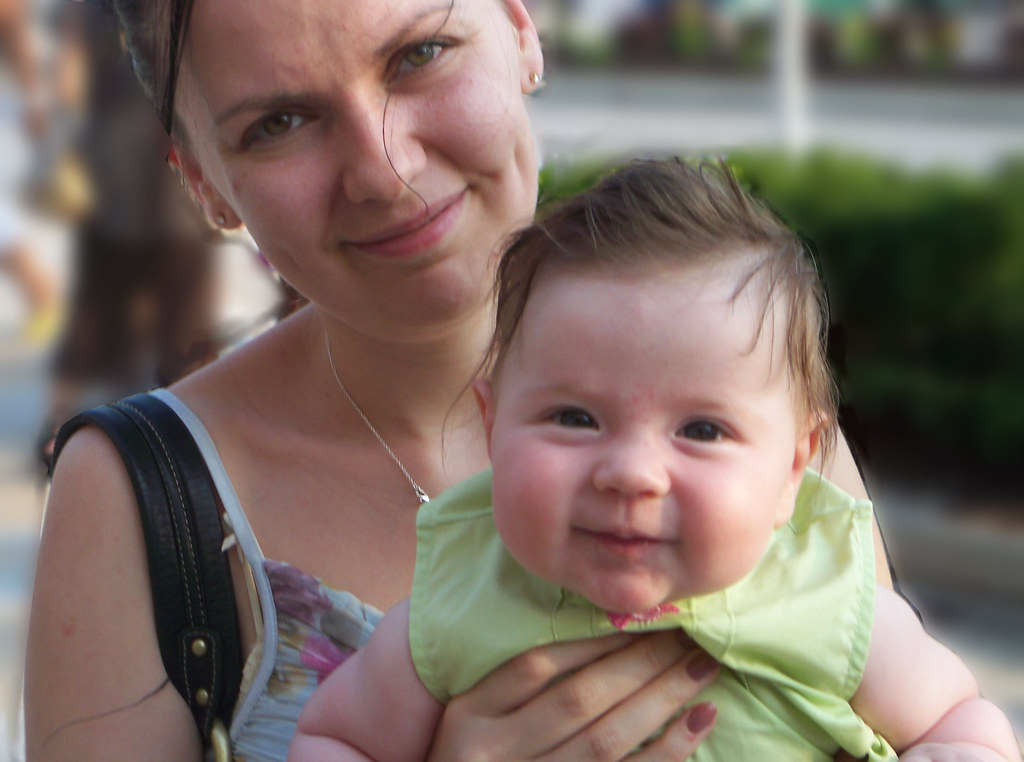
"Mother and baby" by ECohen is licensed under CC BY-SA 2.0
It’s OK to take time for yourself
Is a guilty conscience stopping you from hitting the gym? Do you feel like you’re partaking in a criminal enterprise when you’re doing anything other than caring/feeding/chasing/cleaning-up after your kids? If you’re a mother with a young child (or children), taking time—even a moment—for yourself can seem like a forbidden indulgence.
A paper by Faculty of Kinesiology and Recreation Management researchers recently published in Women & Health explored the role of mother guilt and self-compassion in health behaviours in mothers with young children.
An ethic of care was adopted into motherhood research literature as researchers found that there was a strong association with mothers being seen as the primary caregiver. Her children’s needs, or the needs of the family, came before her own.
Mother guilt is the feeling mothers have when they stray from that concept as primary caregiver, the good mother ideal, to do something personal, such as engaging in healthful living behaviours.
“The guilt stems from the idea of mothers doing something for themselves outside of caring for their children and family, in any circumstance,” said Cindy Miller, the primary investigator of the study.
There’s an internal struggle mothers face between fulfilling their own needs and the pressure to always be the good mother by consistently fulfilling their family’s needs first.
Miller ran a pre- and postnatal fitness company for just over a decade. Through her business and her own experience as a mother of three, as well as listening and talking to her friends with kids, a common element continually surfaced. “Mother guilt abounds especially when it comes to trying to be healthy,” Miller said.
The study explored whether the guilt mothers of young children feel about engaging in health behaviours mediates the relationship between self-compassion and self-reported engagement in health-promoting behaviours, such as physical activity, eating a healthy diet and getting enough sleep.
The results suggested self-compassion may offer mothers a positive way to deal with guilty feelings about looking after their health.
This means not being too hard or critical of yourself when you feel inadequate; the way you would treat a friend who’s going through a difficult time.
“I think that teaching mothers to be self-compassionate, such as writing down a personal act of kindness, would be great to include in programs that are offered to new mothers, such as Healthy Baby Manitoba. I also think there needs to be more education and a willingness in society to move away from this idea that mothers’ can only be the primary caregivers or the one responsible for the family’s well-being,” Miller added.
The mother guilt scores in this study were below the scale mid-point (Mean = 1.8 on a scale of 1 – 5). These low scores suggest that, relative to taking time for health-promoting behaviours, mothers experience mild levels of guilt. It may be that today’s mothers ascribe less to the maternal ethics of care than mothers once did. However, it is interesting that even though, on average, these mothers reported low guilt, guilt still mediated self-compassion’s relationship with engagement in health-promoting behaviours, and it did so beyond the influence of trait guilt. These reported low levels of guilt could actually be a good thing.
“Slowly but surely, mothers’ are finding ways and new understanding of what a ‘good mother’ means,” said Miller.






